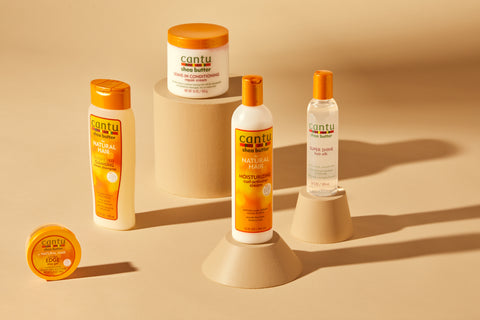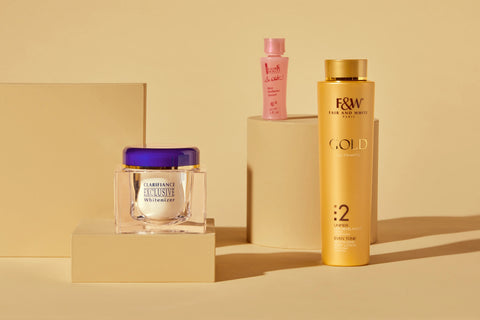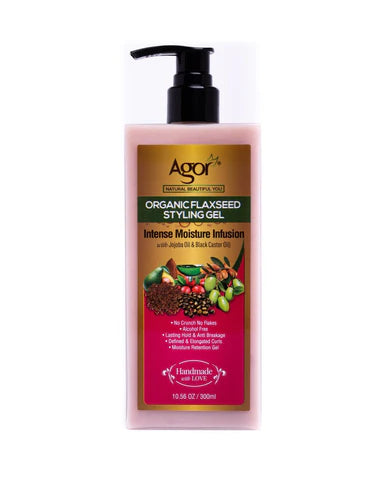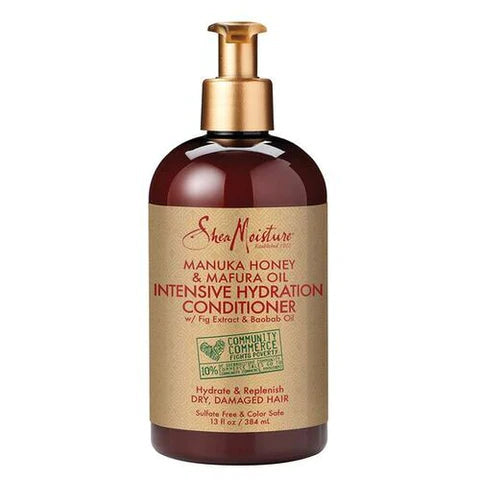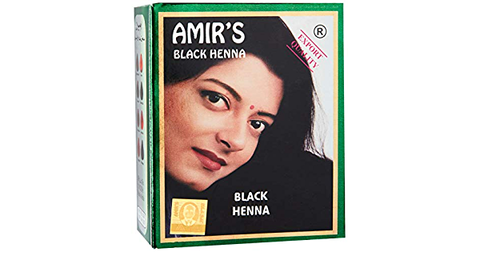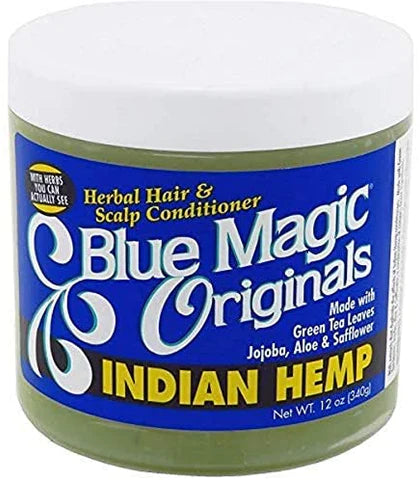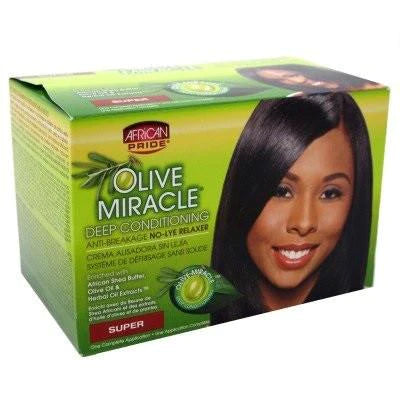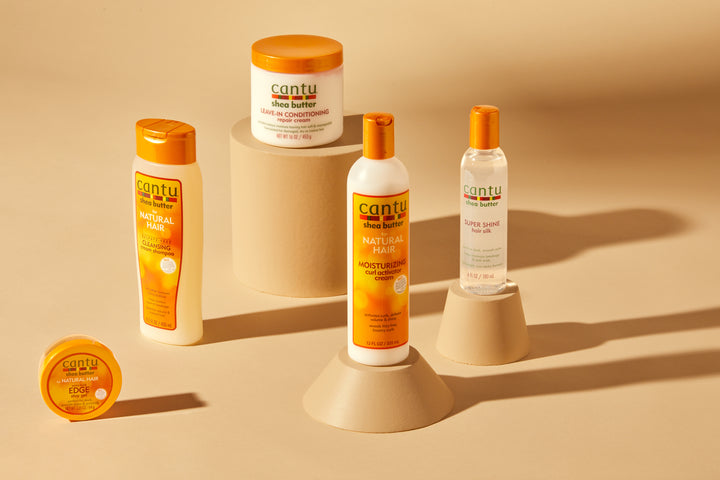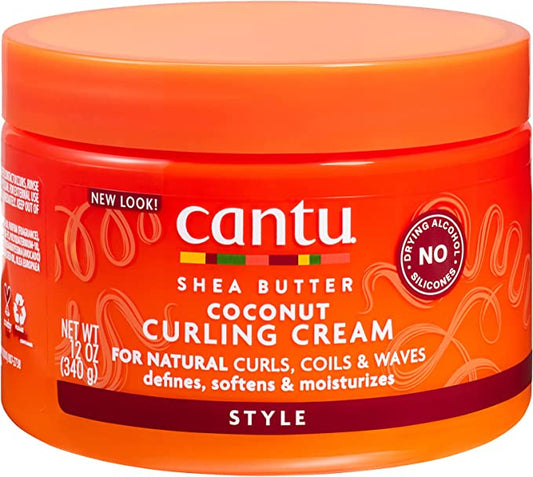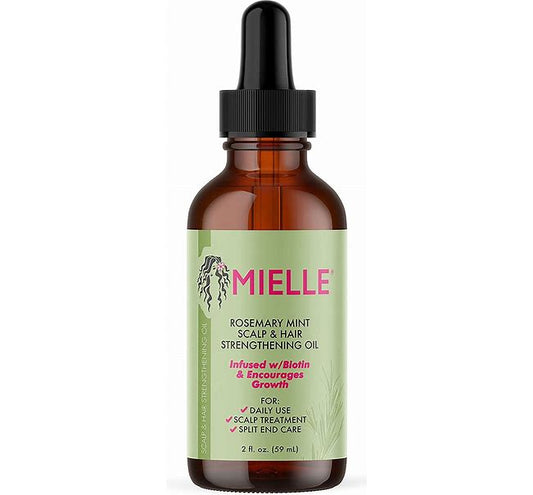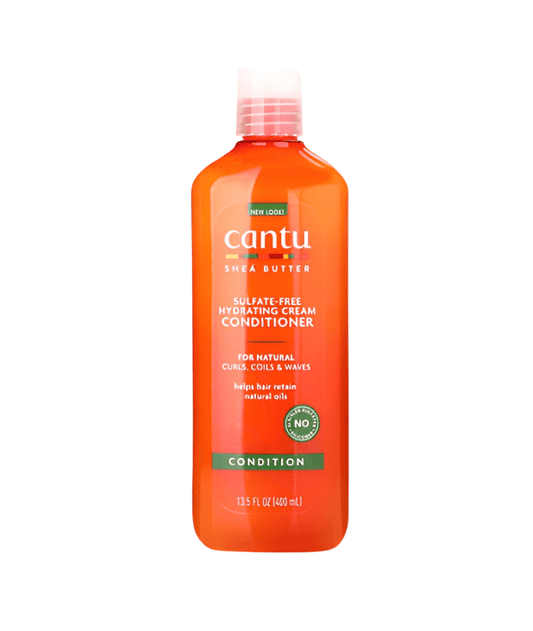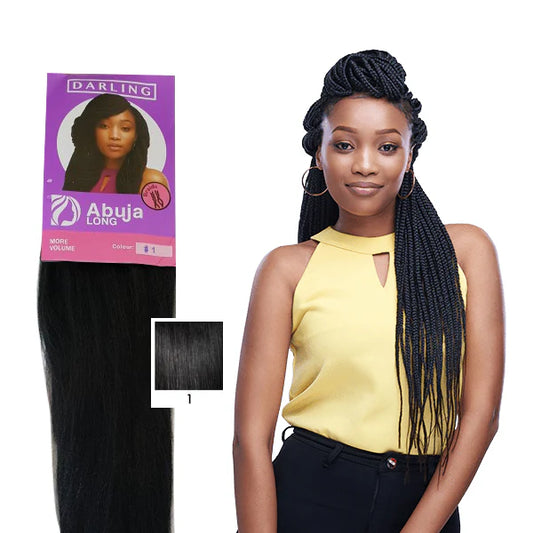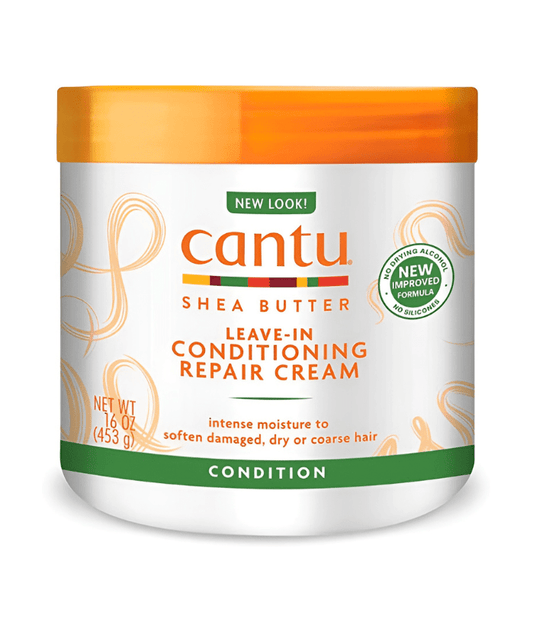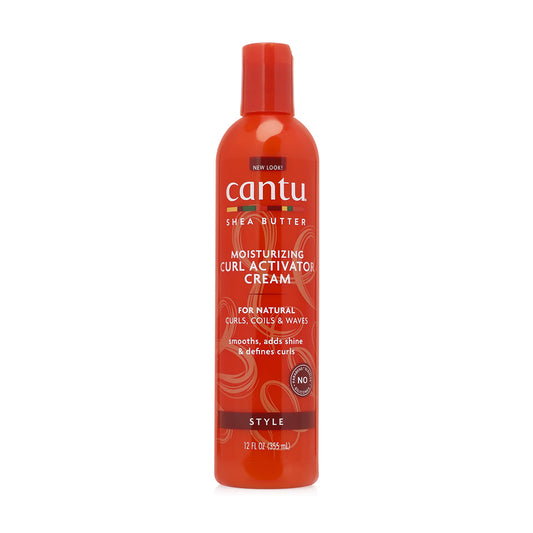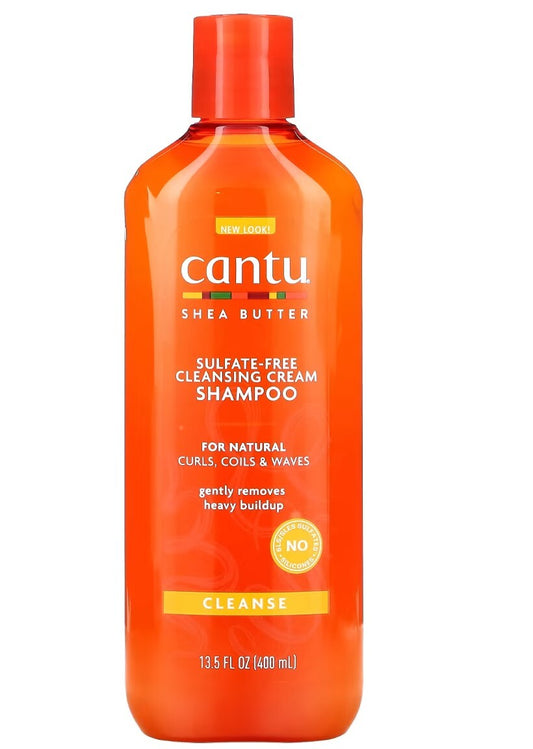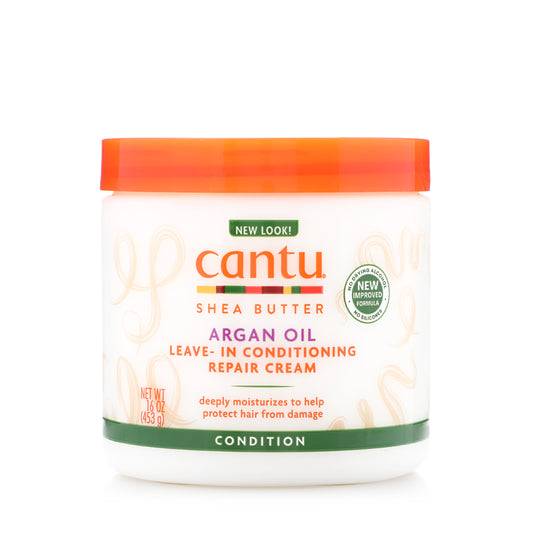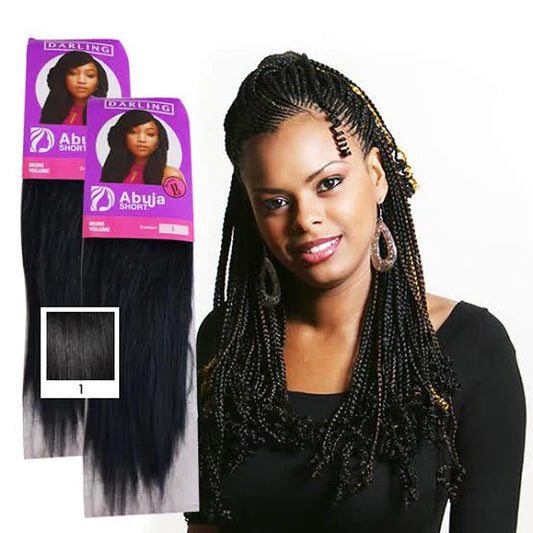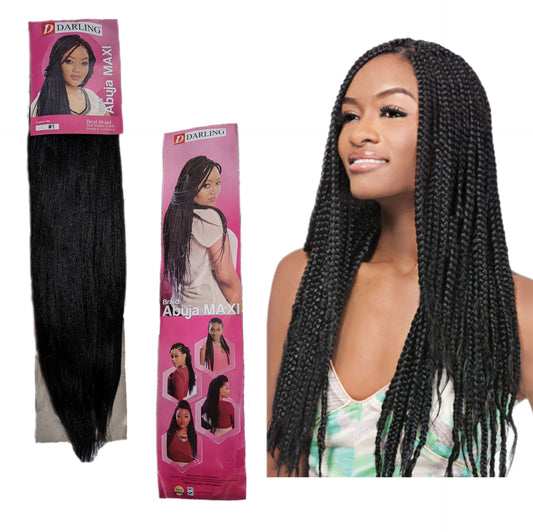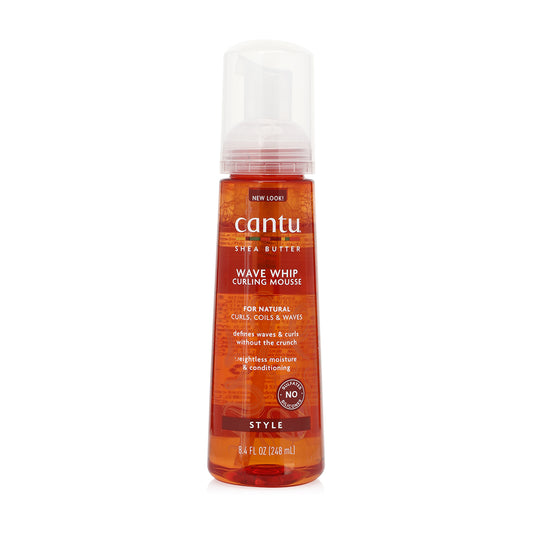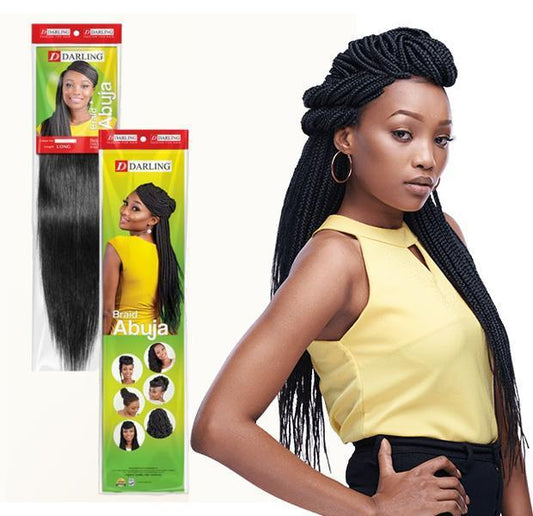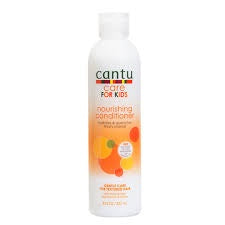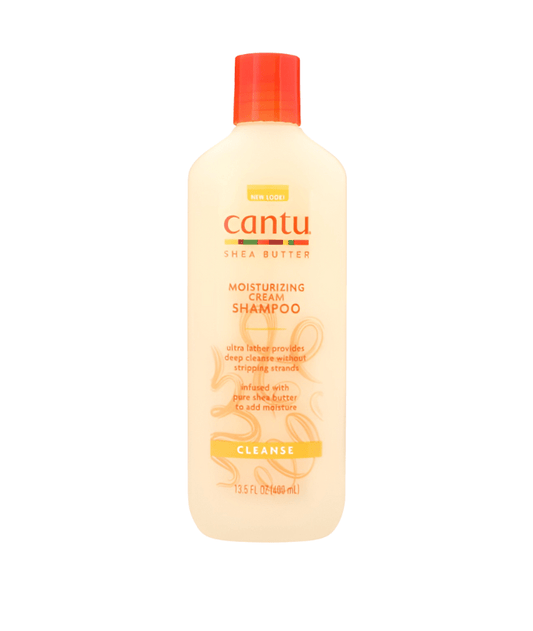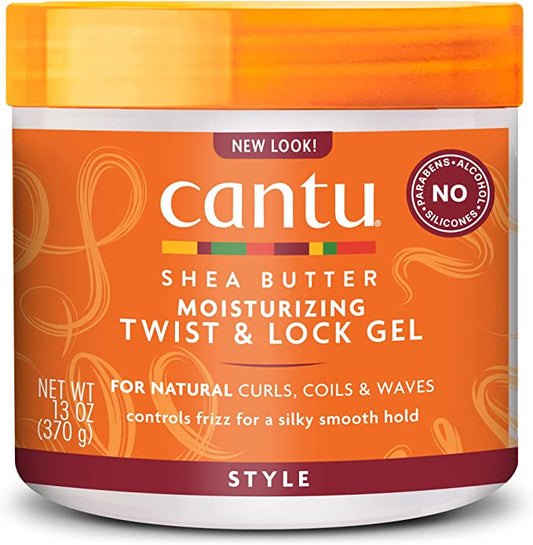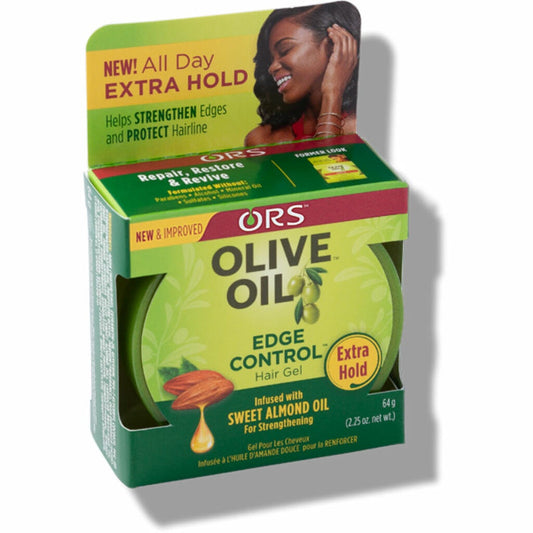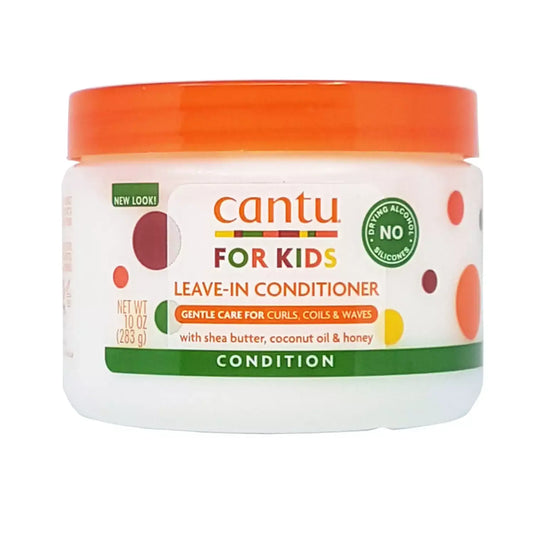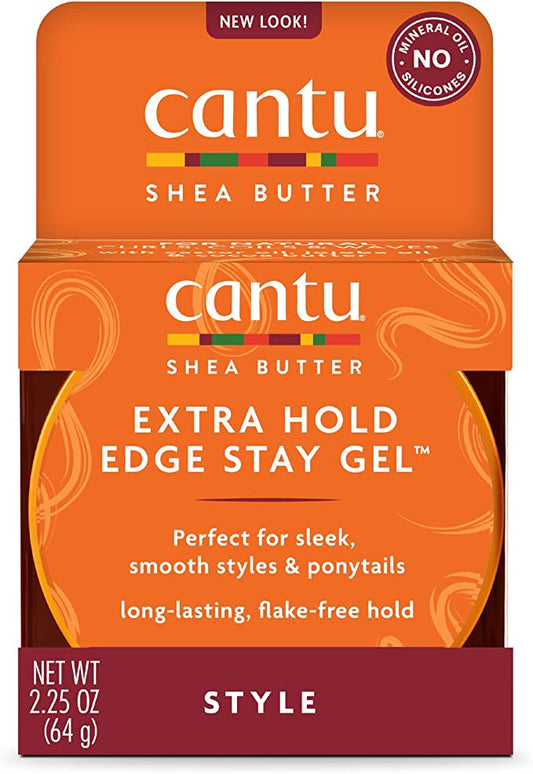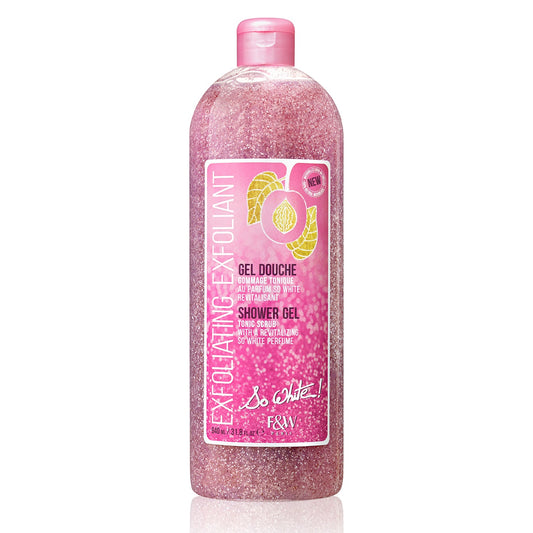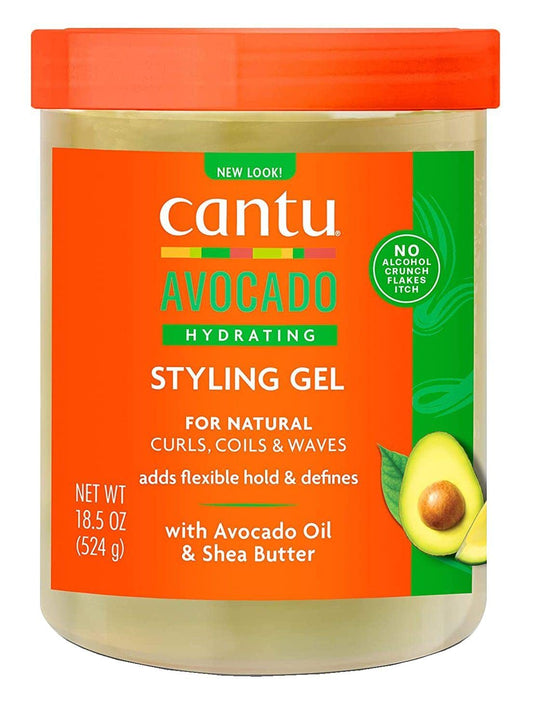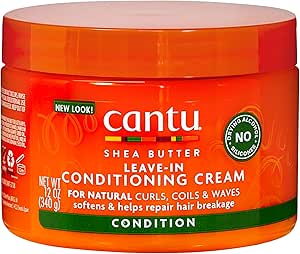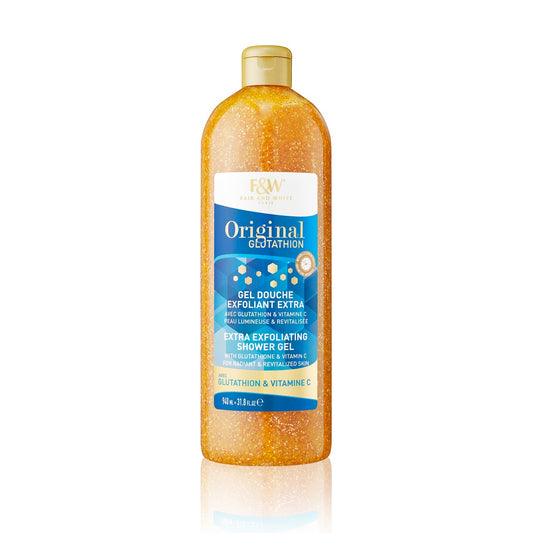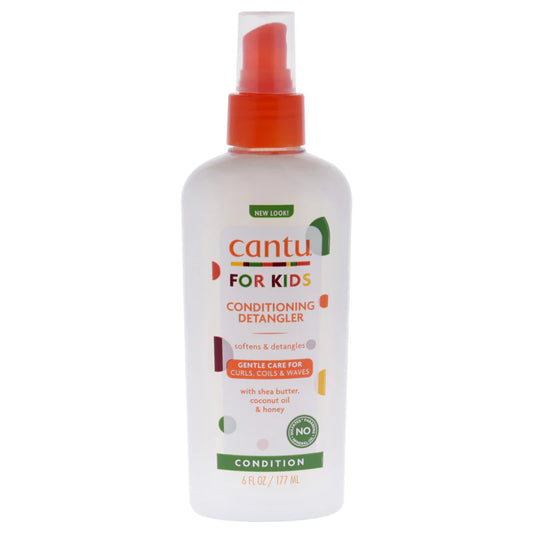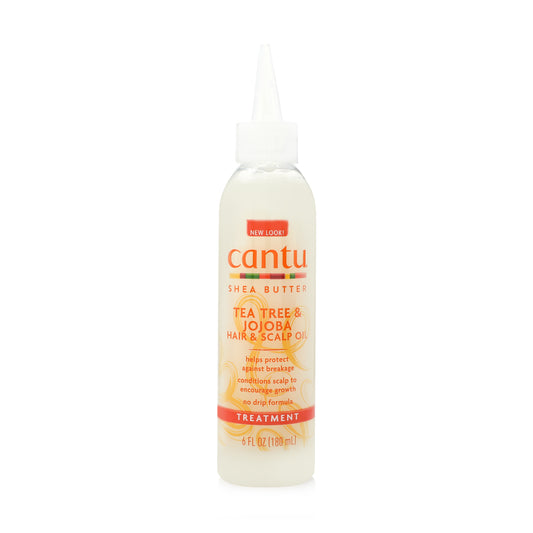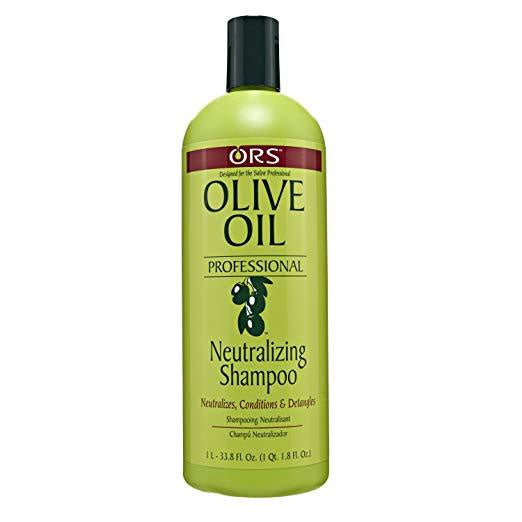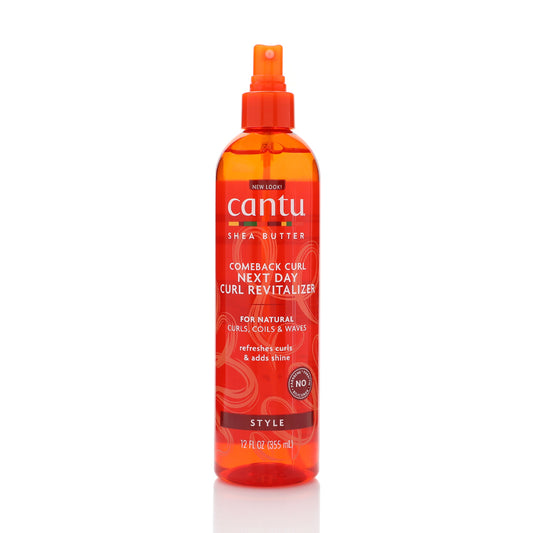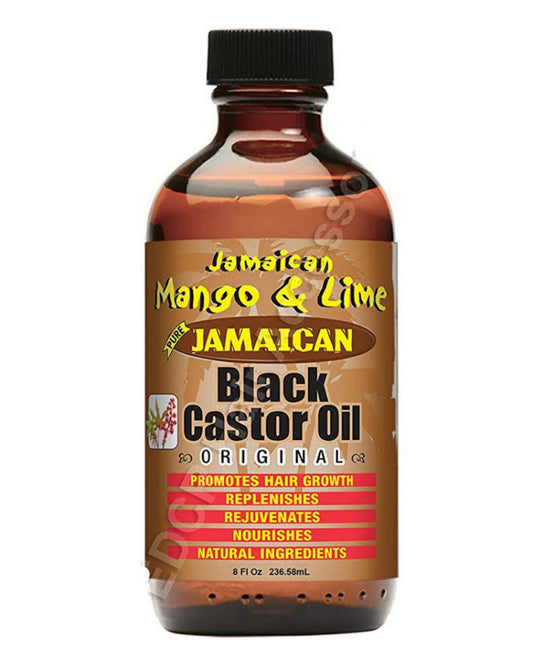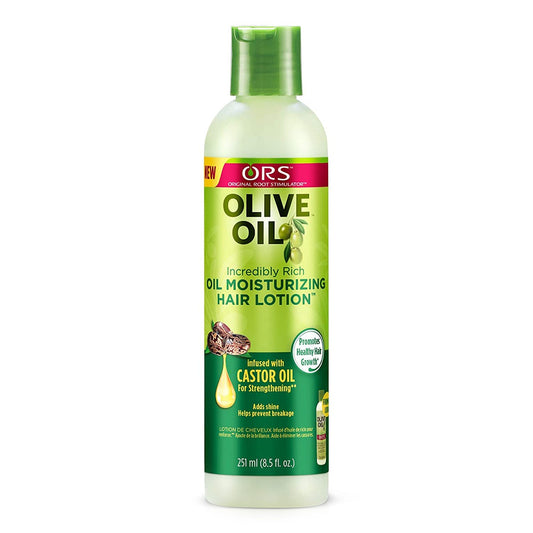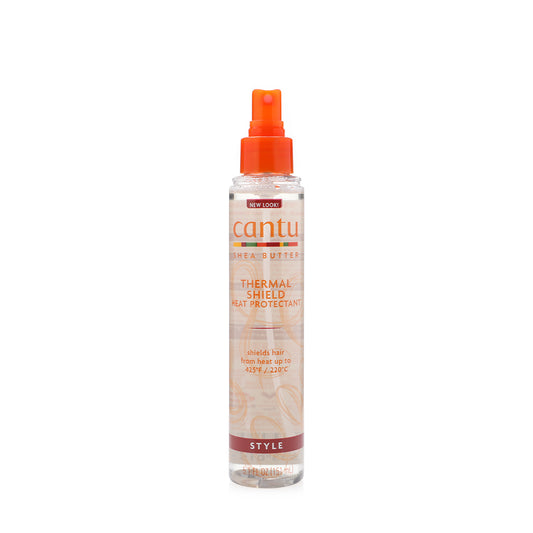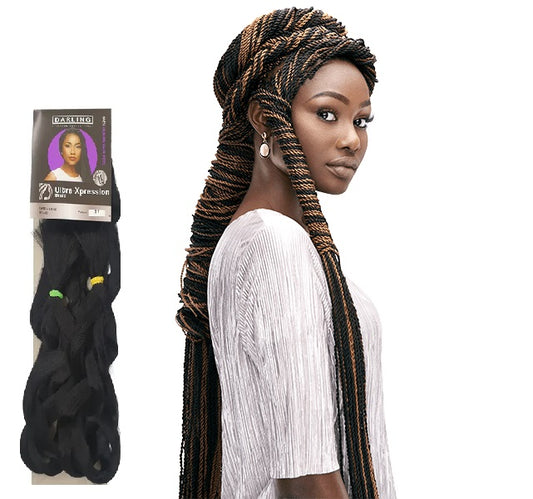Unveil the Secret to Everlasting Radiance: Why Skipping SPF Could Cost You Your Glow.
Imagine a powerful shield that guards the essence of youth, beauty, and health. This isn't the stuff of legends—it's right within your reach. Discover why SPF isn't just your skin's ally but its best friend.
In the sunny expanse of Australia, where the sun reigns supreme, understanding the importance of SPF Benefits is not just beneficial—it's essential. With the sun's warmth kissing our skin, it’s easy to bask in its glow, yet many of us fall prey to common Sunscreen Myths that can compromise our skin's health. Today, we unravel these myths, setting the record straight on why SPF is indeed your skin's best friend, ensuring Skin Protection against the harsh realities of UV exposure.
SPF: What It Really Means for Your Skin
No sunscreen blocks 100% of the sun's rays, a fact often misunderstood. An SPF of 30, for example, blocks 97% of UVB rays, striking a balance between efficacy and skin health. While reaching for the highest SPF is tempting, understanding that SPF 50 only adds a marginal increase in protection (blocking 98% of rays) compared to SPF 30 helps us focus on more important factors like broad-spectrum coverage and regular application.
Debunking Sunscreen Myths
Let’s tackle the misconceptions head-on:- I have dark skin. I don't need to wear sunscreen. This is a common fallacy. Regardless of skin tone, UV radiation can penetrate and damage any skin type, making sunscreen a must-have for everyone.
- My sunscreen is waterproof, so I don't need to reapply it after swimming or sweating. Even water-resistant sunscreens have their limits. Reapplication is key to maintaining uninterrupted protection.
- My sunscreen is SPF 50, so I don't need to apply it as often. Despite higher SPF levels, reapplication every two hours is still recommended, especially after sweating or swimming.
- There is SPF in my makeup. I don't need to wear sunscreen. SPF in makeup usually isn't enough for full protection. Consider it a supplementary layer, not your primary defense.
- I don't need sunscreen if it's cloudy or cold. UV rays can pierce through clouds and cold air, making sunscreen a year-round necessity.
The Sun and Your Skin: A Love-Hate Relationship
- Fake Tan and SPF: While a fake tan may give you a sun-kissed look, it offers no real protection against UV damage. Relying on SPF-infused tanning lotions can be misleading and inadequate.
- Olive Skin and Cancer Risks: The myth that olive or darker skin tones are immune to skin cancer is dangerously false. Every skin type can be damaged by UV radiation, underscoring the universal need for sun protection.
- Vitamin D and Sun Exposure: The balance between vitamin D absorption and sun protection is delicate. While some sun exposure benefits vitamin D synthesis, excessive UV exposure increases skin cancer risk. Most Australians can achieve adequate vitamin D levels with minimal sun exposure, especially during peak UV times.
Prevention: The Ultimate Key
The belief that skin cancer is easily detectable and treatable at home is a risky assumption. Skin cancer, if left unchecked, can lead to serious treatments, including surgery and chemotherapy. Being vigilant about skin changes and consulting a GP for any concerns is critical. Remember, prevention through regular use of sunscreen and protective clothing is far more effective than cure.
Embrace SPF in Every Season
It's a common misconception that SPF is only necessary during summer. However, the Australian sun doesn't discriminate by season. Whether it's summer's height or winter's cool depths, UV rays continue to impact your skin. Incorporating SPF into your daily skincare routine ensures year-round protection, safeguarding your skin against premature aging and skin cancer.
The Right SPF for You
Choosing the right SPF product can feel overwhelming with the many options available. Here's a simple guideline:- Choose sunscreens with broad spectrum protection to ward off UVA and UVB radiation.
- Look for products that are at least SPF 30 for daily use, and consider SPF 50 for extended outdoor activities.
- Remember, the best sunscreen is the one you'll use consistently.
SM Cosmetics offers a range of SPF products designed to suit different skin types and preferences, ensuring there's a perfect match for everyone.
Beyond Sunscreen: Complete Skin Protection
Skin Protection goes beyond just applying sunscreen. Wearing protective clothing, seeking shade during peak UV hours (10 AM to 4 PM). Wearing sunglasses and hats are all critical components of a comprehensive sun protection strategy. Staying hydrated and using antioxidants in your skincare can further enhance your skin's defense against UV damage.
Tackling Vitamin D Concerns
Concerns about vitamin D deficiency should encourage you to practice safe sun exposure. As noted, Australians can achieve sufficient vitamin D levels with minimal sun exposure, especially outside for a few minutes around midday. Supplements can be a safe and useful substitute for people who are more susceptible to vitamin D insufficiency. A healthcare provider should always be consulted before beginning a new supplement regimen.
Closing Thoughts
SPF is more than a number on a bottle; it's a commitment to protecting the beauty and health of your skin. As residents of Australia, where the sun’s embrace is a daily reality, adopting a comprehensive approach to Skin Protection is non-negotiable. By debunking the Sunscreen Myths that cloud our judgment, we can embrace the sun without sacrificing our skin's well-being.
Let's make SPF our skin's best friend, ensuring a future of radiant, younger-looking skin that glows with health and vitality.
Remember, the secret to everlasting radiance isn't found in a potion or pill; it's in the power of protection. SPF Benefits are your golden ticket to surviving and thriving in the Australian sun. Embrace this knowledge, apply it daily, and watch as your skin thanks you for years to come.
As we've explored the myriad ways SPF benefits our skin, debunking common Sunscreen Myths and reinforcing the importance of Skin Protection, it's clear that SPF should be viewed not as an optional addition to our skincare routine but as an indispensable ally. In the fight against UV damage, premature aging, and skin cancer, SPF stands as our first line of defense.
SM Cosmetics is proud to be part of your skin protection journey, offering products that shield your skin from the sun's harmful rays and nourish and enhance your natural beauty.
Embrace the Sun and Safeguard Your Beauty.
Frequently Asked Questions
1.What SPF level is necessary for daily protection?
For daily Skin Protection, dermatologists recommend using sunscreen with at least SPF 30. This level of protection blocks about 97% of UVB rays, offering a good balance between effectiveness and comfort for regular use. Embracing SPF Benefits with SPF 30 helps guard your skin against sunburn and long-term damage, debunking the Sunscreen Myth that only high-intensity outdoor activities require sunscreen.
2.Can I skip sunscreen on cloudy days?
No, skipping sunscreen on cloudy days is a common Sunscreen Myth. Up to 80% of UV rays can pass through clouds, meaning your skin is at risk even when the sun isn’t shining brightly. SPF Benefits your skin by providing essential Skin Protection, regardless of the weather. It's imperative to use sunscreen every day to shield your skin from UV radiation.
3.Does wearing sunscreen prevent vitamin D absorption?
Another Sunscreen Myth is that sunscreen blocks vitamin D absorption completely. While sunscreen does reduce vitamin D synthesis to some extent, it doesn't block it entirely. You can still achieve necessary vitamin D levels through diet, supplements, and brief sun exposure. The SPF Benefits of protecting your skin from UV damage far outweigh the potential reduction in vitamin D synthesis, making sunscreen a key component of Skin Protection.

